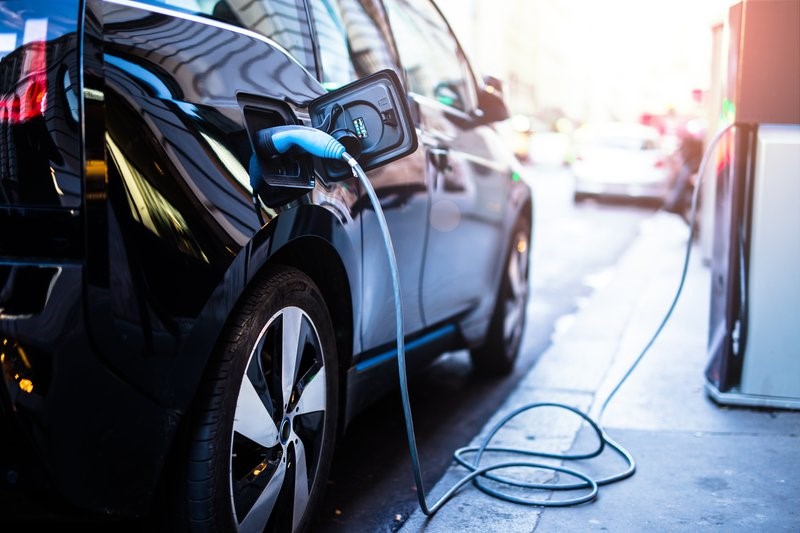
What Is The Future Of Electric Vehicles In India After COVID-19 Crisis?
An Auto Expo India was held in February this year. By and large, the focus of the expo was at electric vehicles. Old guards like Maruti Suzuki and Chevrolet showcased their power, while newcomers like GW Motor or MG Motor tried to tell that they are ready to make disruption in the world’s fourth-largest market. However, what disrupted the market was not any company, but a virus.
The auto industry in India was already facing a challenge as the central government had rolled out BS-VI emission norms deadline. The industry was trying to grapple, planning to increase their products’ rates when the second blow came – Novel Coronavirus. As if a 21-days lockdown was not enough, the government has extended the lockdown till May 3. The question remains – will this screeching halt in the market will cause a delay in the arrival of electric vehicles in India?
According to the Society of Indian Automobile Manufacturers (SIAM), the industry is losing Rs 2,300 crore every day due to Coronavirus lockdown. That’s a reason enough to cause delay of electric vehicles in the market.
But, are there any other unseen reasons that may cause disruption?
Yes, there are. Industry leaders are forecasting the future of the market and trying to evaluate how can COVID-19 impact the industry. They have come up with following pointers:
- The crude oil prices have lowered down globally after the Coronavirus spread. And customers only tend to buy electric vehicles when they think that the oil fuel is costing high to their pockets. Right now, the price of crude oil is $30 per barrel. But the industry has set a benchmark that electric vehicles can only thrive when crude oil prices jump to at least $60 per barrel. However, the crude oil factor will work less in India as our government levies high taxes on crude oil comparing to other countries.
- Three-wheeler electric vehicles or E-rickshaws, as they in local markets, sales will also be severely affected by the Coronavirus crisis. As people will now prefer social distancing and hygiene more than ever, they will tend to use less of these local public vehicles.
- The supply chain breakage and labour gap will the most significant factor that will affect the arrival of electric vehicles in India. As the small scale industries that provide major parts for electric vehicles manufacturing are on the verge of shutting their business down, it will be hard for big fishes to maintain the same momentum that was before COVID-19.
But these are all just speculations. Who knows if the markets will be opened even after May 3 or not?
For more such news on the auto industry, keep reading NewzOnTips.